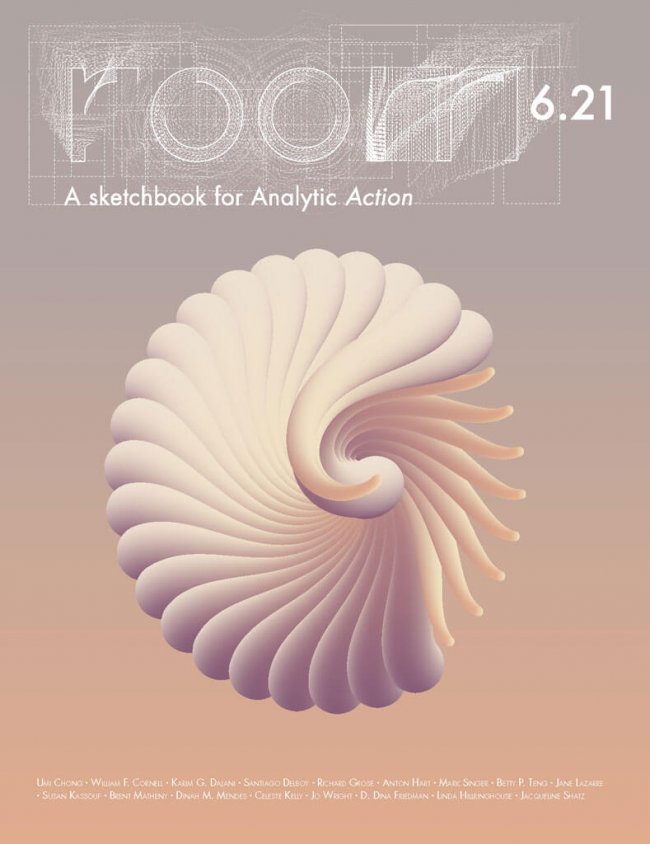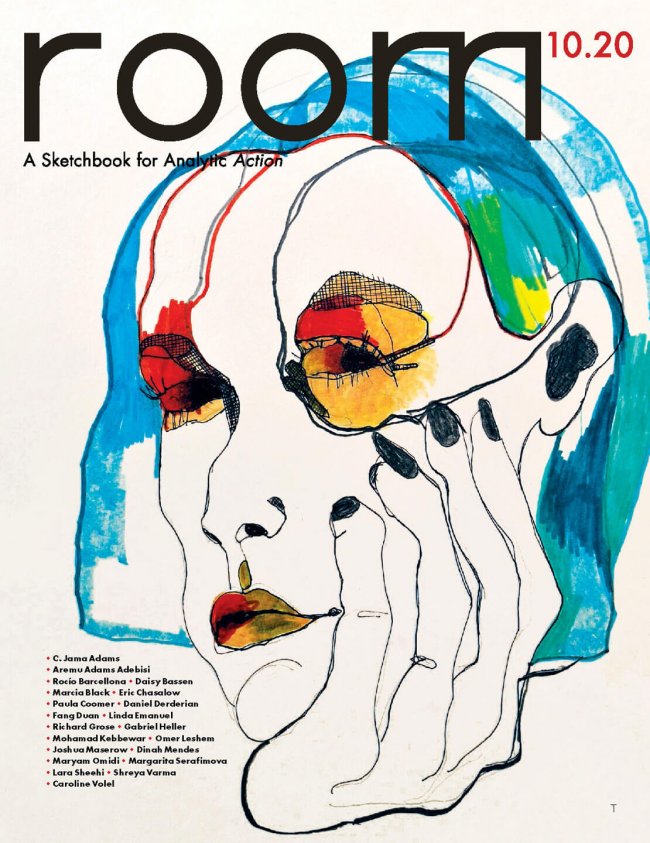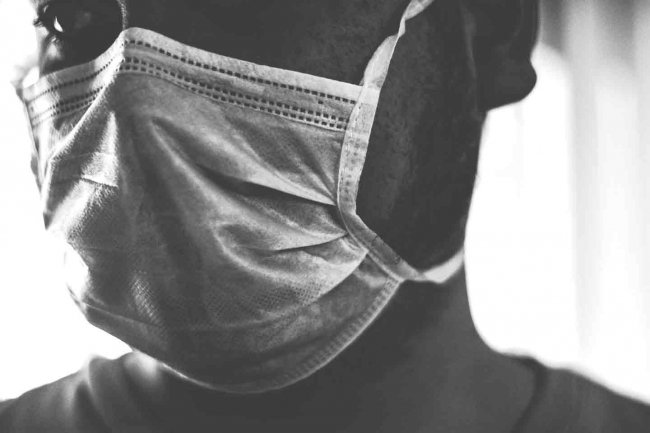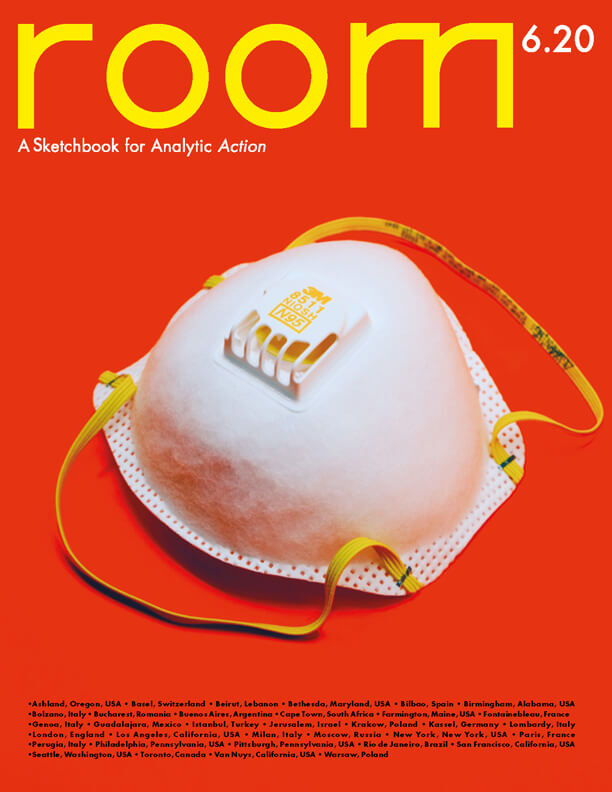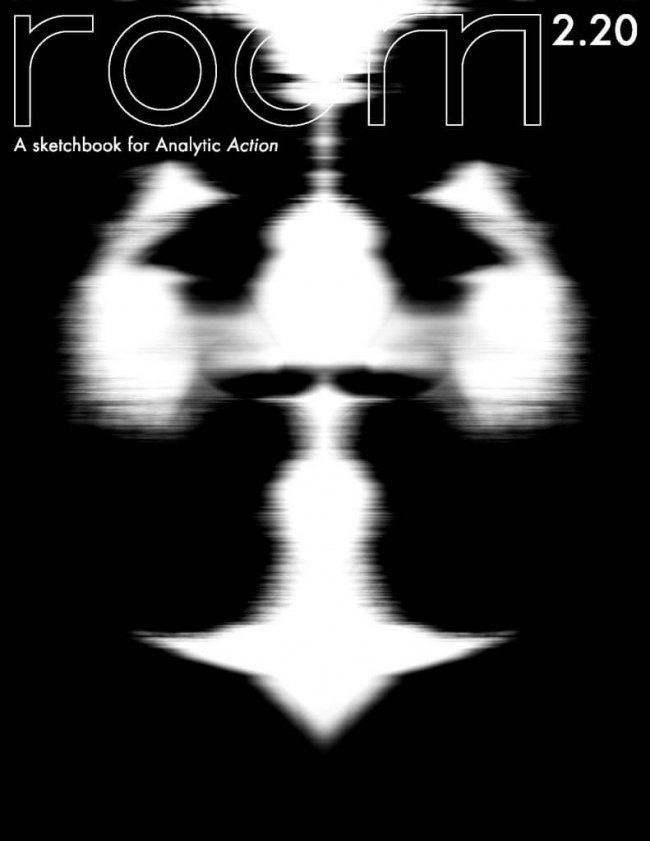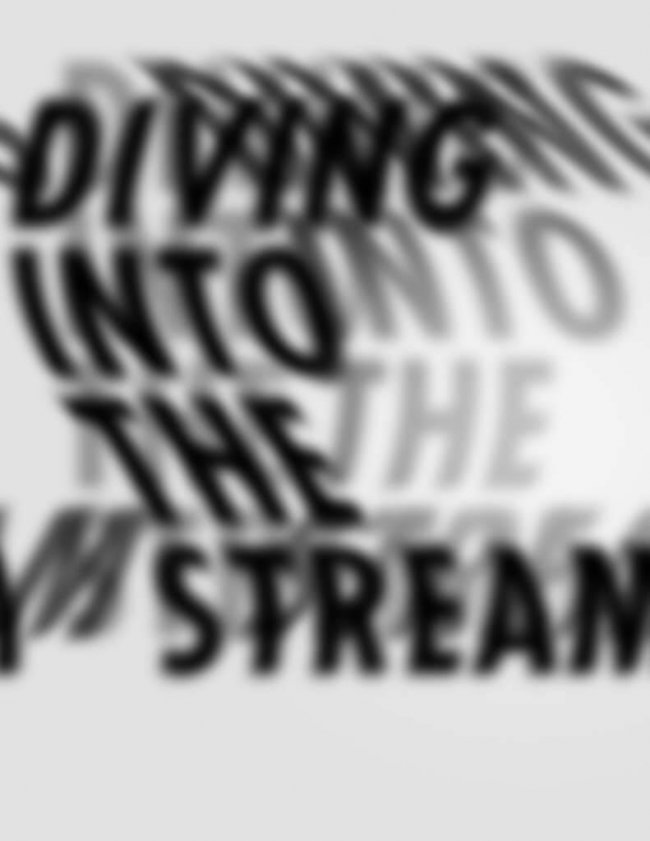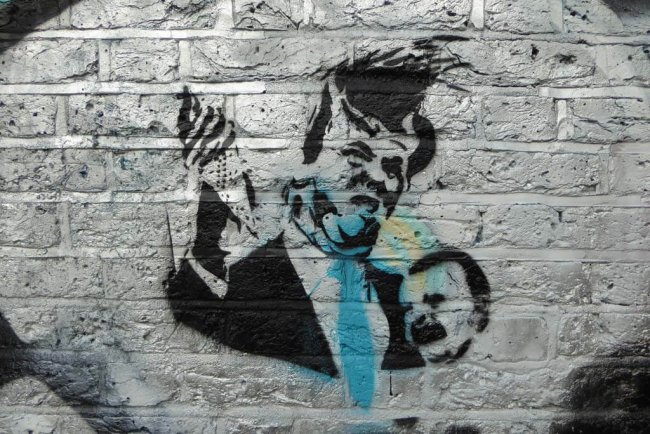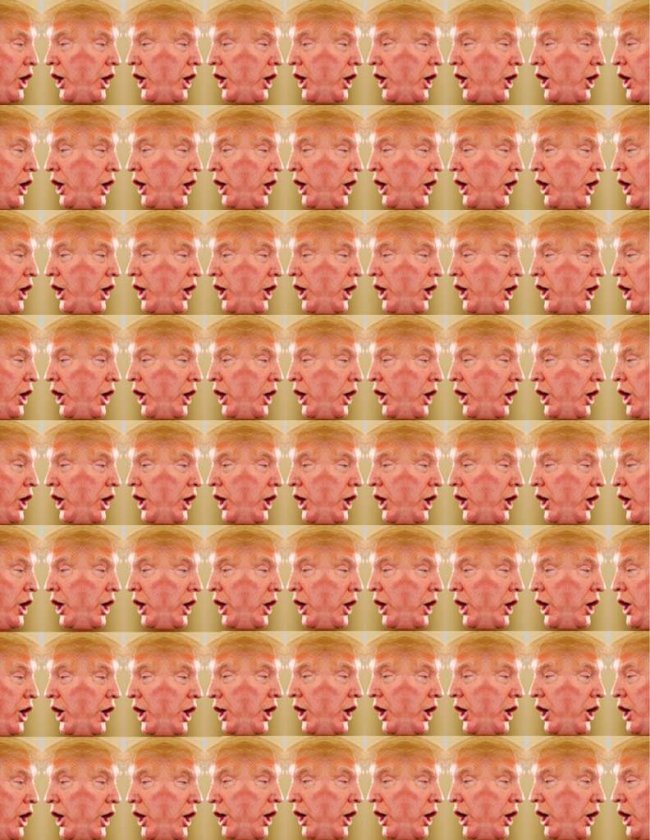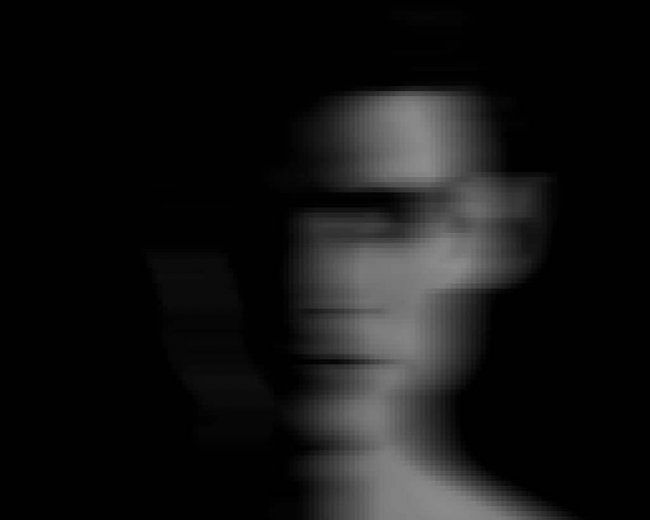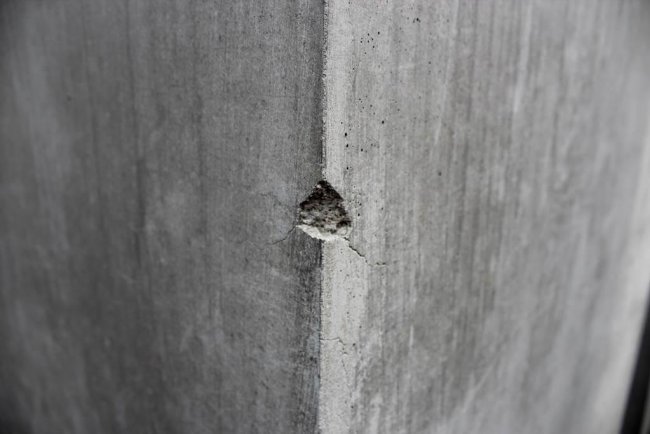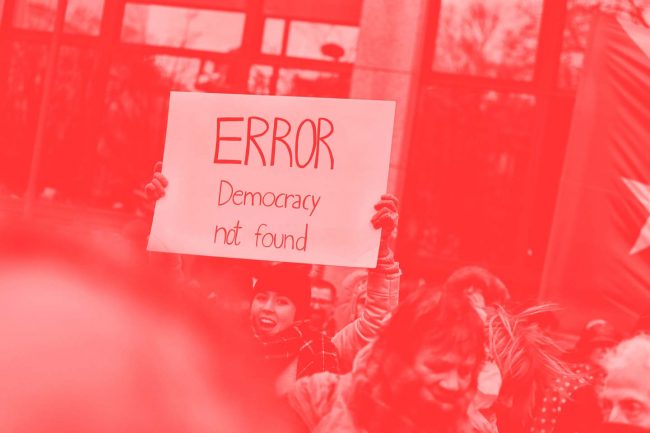CLOSE UP by Hattie Myers
“An urgent sense of the possible contributed to my pursuit of psychoanalytic training over a decade ago, back when CO2 levels were still below 400 ppm. At the time, my analyst and my own analysis were introducing me to an unanticipated world of depth, beauty, and tolerable terror from which I rarely wanted to surface.” So begins Susan Kassouf’s essay, “A New Thing Under the Sun.” Kassouf quickly recognized that her new profession did not lend itself to thinking about the “more than human” environment, let alone climate catastrophe. “There was no useful language to describe what I was sensing,” she writes, so she creates the word she needs. Elaine Zickler understands Kassouf’s drive to find the right words.

